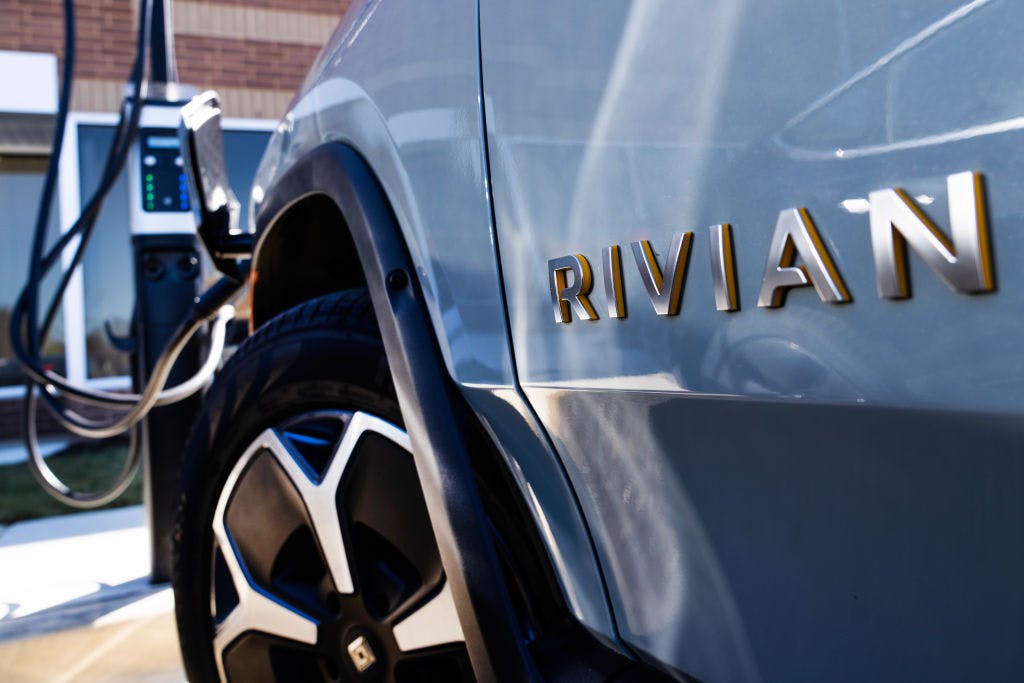Rivian hits the brakes after disappointing earnings and a cut to annual guidance
Rivian reported its second-quarter earnings after the bell on Tuesday.
Rivian posted second-quarter earnings after the bell on Tuesday, and the EV maker sees bumpier roads ahead. Rivian shares were down more than 4% in after-hours trading.
Rivian’s loss per share of $0.91 came in worse than analysts’ expectations of a $0.63 loss. Revenue reached $1.3 billion, slightly above the $1.29 billion forecast by analysts polled by FactSet.
The lack of gas-powered or hybrid vehicles to offset EV costs continued to weigh on Rivian, which posted a significantly worse-than-expected net loss of $1.12 billion on the quarter. Still, the figure improved on last year’s $1.46 billion loss. The company delivered 23% fewer vehicles in the second quarter, year over year.
Rivian, which assembles all of its vehicles in Illinois, does still import certain parts like batteries and windshields — though it reportedly quietly built up a battery stockpile, anticipating potential tariff impacts. Rivian maintained its full-year capex outlook of between $1.8 billion and $1.9 billion.
The company lowered its EBITDA outlook, forecasting a full-year loss of between $2 billion and $2.25 billion, deeper than the $1.7 billion to $1.9 billion loss range it had previously guided for. Wall Street estimates had full-year EBITDA at a $1.88 billion loss.
It’s been a rocky year for EV-only automakers like Rivian and rival Lucid, as the Trump administration scrapped pro-EV policies in its “big, beautiful bill” (though both companies largely only qualify for EV tax credits through leasing loopholes). As of market close on Tuesday, Rivian shares are down on the year, along with Lucid and Tesla.
On Monday, Rivian filed a lawsuit against Ohio’s department of motor vehicles, alleging that the state’s ban on direct car sales is “irrational in the extreme.” If Rivian comes out victorious, it could gain a legal playbook for challenging similar laws in the 25 states it does not directly sell in.
